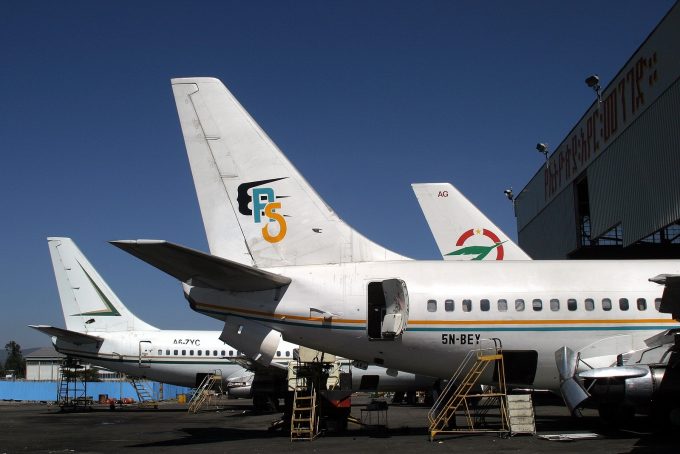Threat of rising oil price adds to frustration for crisis-hit supply chain chiefs
New warnings from the World Bank of surging oil prices, adding to the continuing instability ...

“War is bleeding into the logistics scene”, it has been claimed, with the heightening of tension in the Middle East adding to the challenges of those heading into their third year of conflict in Ukraine.
After reorganising the flow of goods after a turbulent two years in eastern Europe, time-critical logistics specialist EAS International’s MD, Adam Komorowski, said clients were now seeing their businesses upended by spiking rates and elongated transit times thanks to the Red Sea crisis.
Mr Komorowski told The Loadstar: “There is also the impact on market trends and customer decision-making. Some may be turning to rail, while others see air as alternative to the instability in global shipping. What we can say is these attacks are destabilising the market.”
For EAS, which services markets including Poland and Ukraine, the lessons learned while contending with the Russian invasion of Ukraine brought something of a competitive advantage.
As part of an interview with Voice of the Independent, Mr Komorowski said the turbulence in the immediate aftermath of Putin’s invasion continued well into 2023, but over the latter half of the year, supply chains became “well-established”.
“We are now operating within those realities; the war continues, nothing new has happened and the flow of goods, particularly by air, is bedded in,” he added.
“But war is bleeding into the logistics scene. Some companies are taking advantage of this, and others are putting a wall up against it, with no wish to be involved with any activity related to war.”
One pronounced repercussion of the Russian war on Ukraine has been the upturn in freight movements flowing to the besieged country from Poland’s Rzeszow-Jasionka Airport.
Less than 100 miles from the Poland-Ukraine border, the gateway has become pivotal for goods heading east, with Mr Komorowski noting that the use of the airport proved key in alleviating a lot of the chaos gripping goods flows into Ukraine.
“Even so, when you enter the airport, you realise you are somewhere very, very strange,” he said. “It looks very different to almost any other airport a supply chain operative is likely to visit, because unlike those others, it is secured by Patriot missiles, with military installations ready to protect the airport.”
However, for all the growth in cargo activity at Rzeszow-Jasionka, Mr Komorowski sees its value to global supply chains as only “temporary”, with little expectation for a long-term change post-war, citing a lack of investment in the Polish gateway.
And while he may be confident of Ukraine traffic flow, he said the situation in the Middle East was bringing similar headaches to those that hit the sector in February 2022.
“Now, the Red Sea is the big issue for us. We expect more shipments related to airfreight. Although rates are one thing, for our customers, particularly those moving time-sensitive goods, it is the delayed transit times that will prove more crucial for us to solve.”
Comment on this article